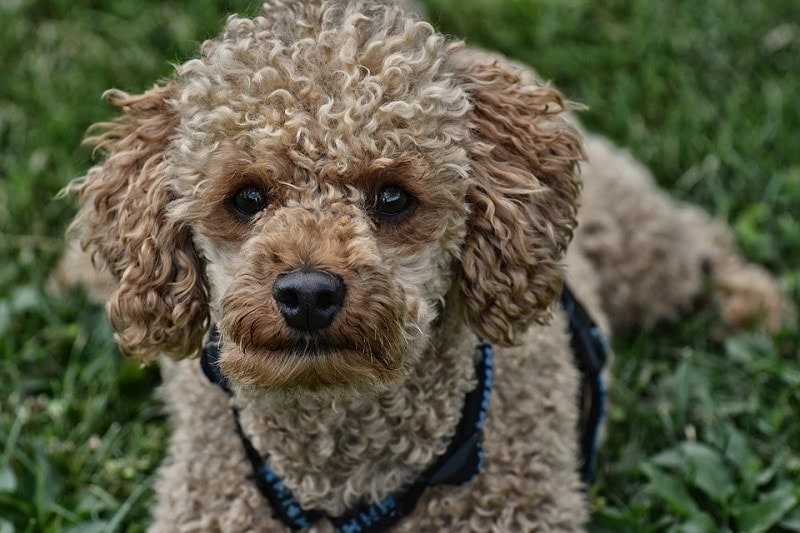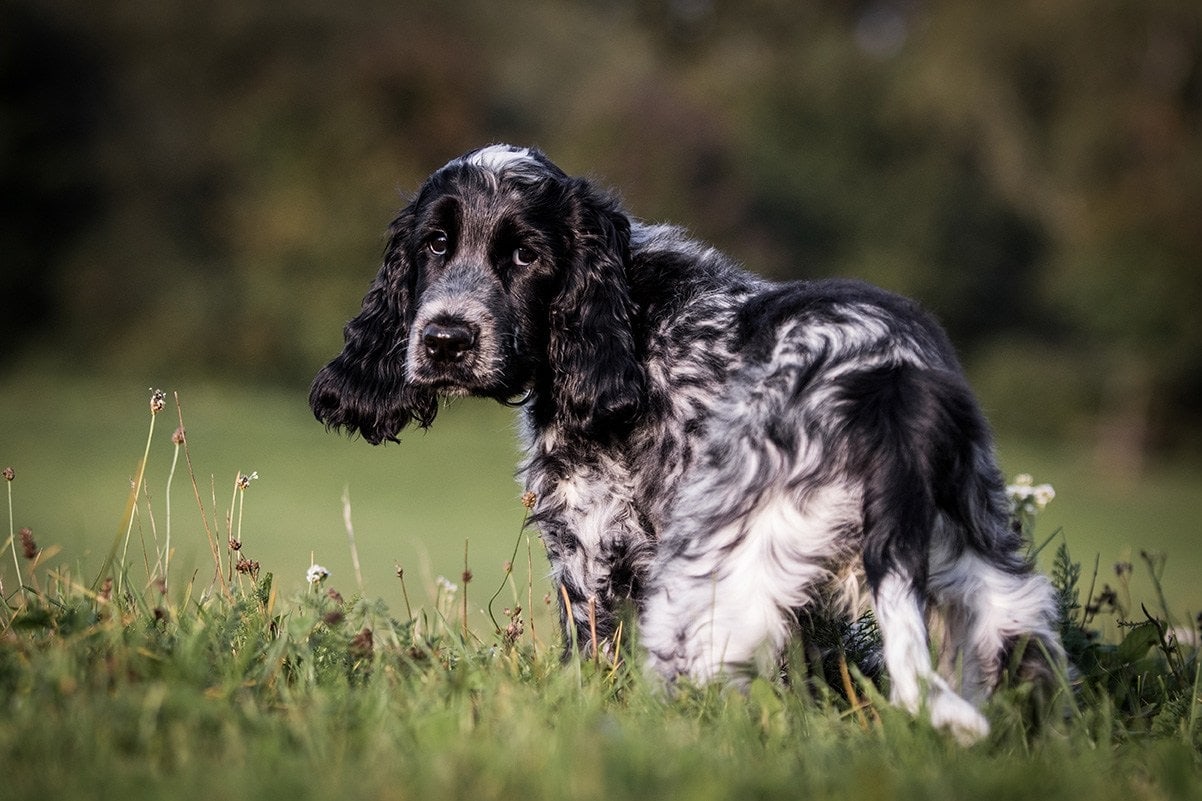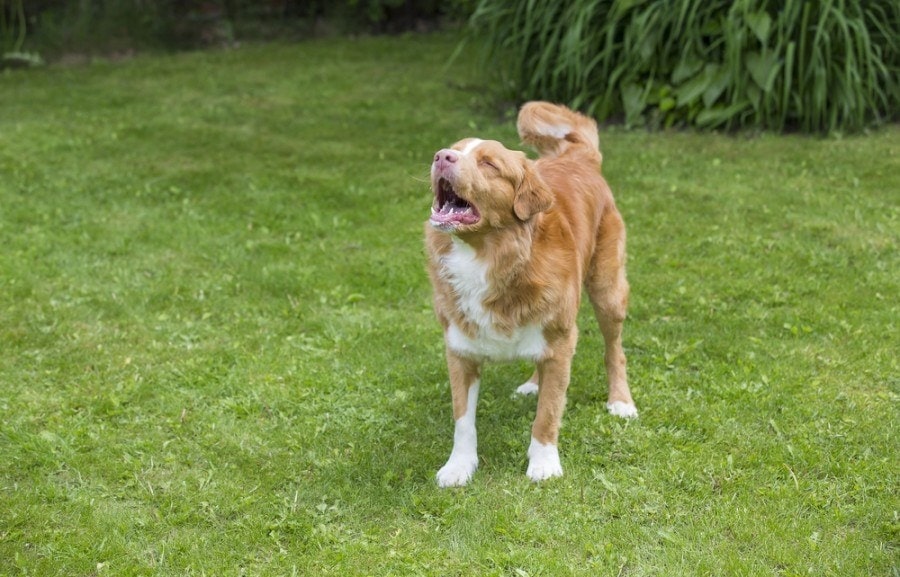Why Does My Dog Steal My Spot: 8 Vet-Reviewed Reasons & How to Stop It

Updated on
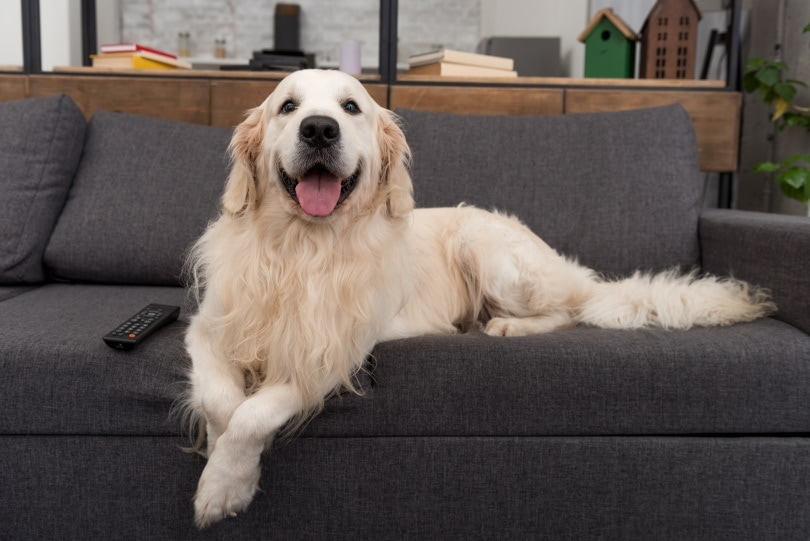
You’ve finished dinner and want to wrap up your night with your favorite TV show. You grab a beverage and go over to your recliner. When you get to it, there’s your dog curled up in your place, fast asleep. Should you sit on the couch instead or boot your pup off your spot? Many pet owners can probably relate to this dilemma, especially if you bought your pooch a comfy bed.
Not surprisingly, there are several reasons for this spot-stealing behavior. Some are common sense, while others have some evolutionary backing. Once you understand what’s going on in your pup’s head, you may look a little kindlier at it. You might even let your dog have it once in a while without complaint.
The 8 Reasons Your Dog Steals Your Spot
1. For Its Warmth
If your pup is jumping onto your spot after you’ve gotten up to go to the kitchen, it probably is still warm. Dogs aren’t dummies. They want to stay toasty, too. Your pooch may have thought you did it a favor by getting it ready! It’s a wise move from an evolutionary perspective. Your pup is taking advantage of the warmth you’ve provided to save the energy of doing it.

2. Sharing the Love
Most canines are sociable animals, at least through parts of their lives. Many such as wolves form groups that will hunt and sleep together. It’s a bonding experience. When your dog steals your spot, it might be acting on instinct to share the place with you. Scientists have observed that our canine companions are well-attuned to our behavior, so it makes sense that it would sit in the area you use.
3. Looking for Comfort
We must address the elephant in the room. Think about why you designated that place as your favorite. You probably chose it because it’s the most comfortable spot in the room, much to the chagrin of your significant other. Dogs are intelligent. Your pet might have come to the same conclusion you have and wants it for itself.
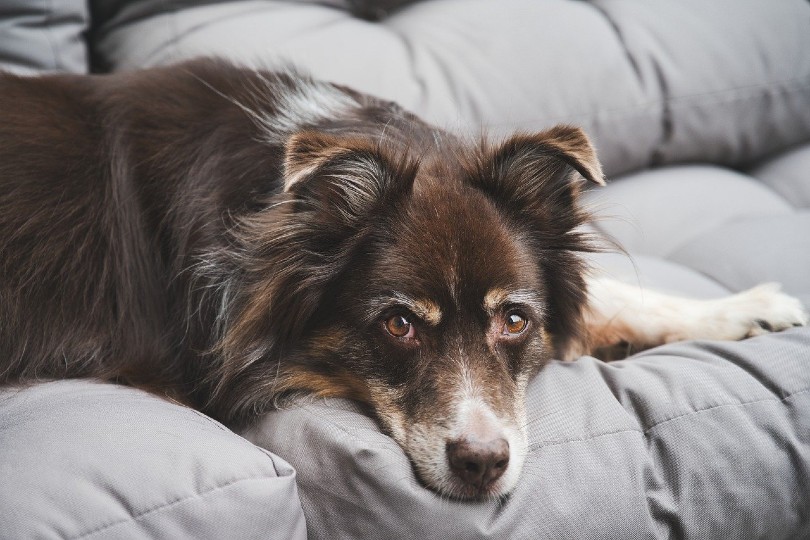
4. Feeling Secure
A dog’s sense of smell is critical to its survival and communication. Your spot has your scent. Your pup might go there to feel secure because of it. You may find that your pet gravitates to your place, whether you are home or not.
5. Offering Protection
The chances you have a strong bond with your dog. Your pup might steal your spot because it may see it as a safe place. That’s probably especially true if it’s a wing chair or someplace with lots of pillows that offer the perception of protection. Remember that sleep is a vulnerable time for any animal. Cats might retreat under the bed or in an enclosed space for the same reason.

6. Missing You
Even though your pet may sleep up to 12 hours a day doesn’t mean your dog’s not going to miss you when it is awake. Some pups may get quite upset when they realize their owners are gone. Some pets may even become destructive because of separation anxiety. Hopefully, your dog is stealing your spot just to feel close to you when you’re not home.
7. Playing a Game
Many pets have a sense of humor. Stealing your spot may seem like a game to your dog, especially if you encourage the behavior. This conditioning will keep your pup coming back to your place because it’s fun. Some breeds, such as Pugs, are known for being mischievous.
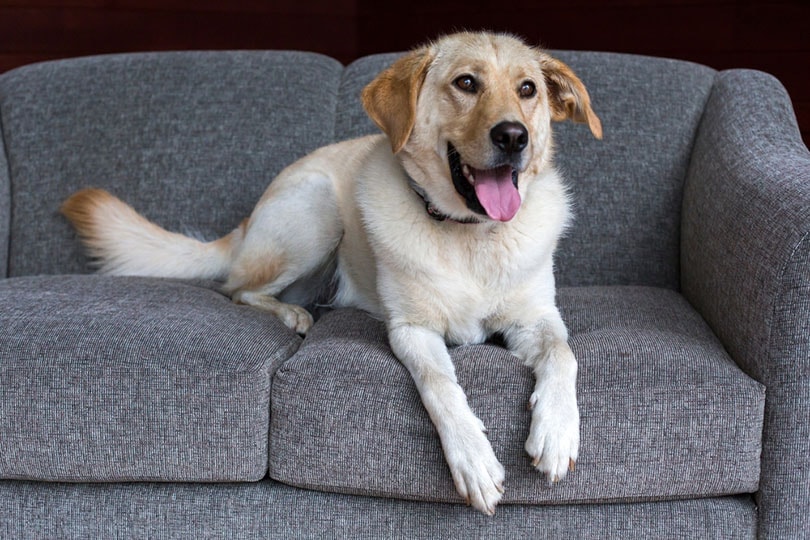
8. Acting Dominant
Most of the reasons we’ve detailed are innocent and perhaps not a cause for concern. However, some dogs are territorial. They may view jumping into your chair as a way to assert its dominance. After all, it’s usurping you from your spot with the best place as its reward.
Controlling the Behavior
If you want to get a handle on your pet’s behavior, it’s essential to begin with figuring out its cause. Veterinarians often apply the ABC approach. It involves observing what happens before it occurs. Then, determine what occurs afterward. Finally, it means what goes on afterward. If you pay attention, you may see the pattern.
If a pup feels submissive, it may roll over and expose its belly. Aggression is a different matter that will require other options. Positive reinforcement is an excellent way to curb unwanted behaviors, such as stealing your spot. Giving your dog a treat when it goes into its bed is an effective method that probably won’t take too many times for your pet to learn what it should do.
You can also try putting something on your favorite spot when you’re not there, preferably something uncomfortable to lay on, such as a board or tray. Again, your dog will likely work it out quickly that it’s not a good place for a nap. Likewise, putting a small blanket that you’ve used in your pet’s bed may make it more inviting to use.
Unless you don’t allow your pup on the furniture, we suggest using these options. Your dog learns to do something different that doesn’t involve punishment or harsh words. After all, many breeds are sensitive to a negative approach.
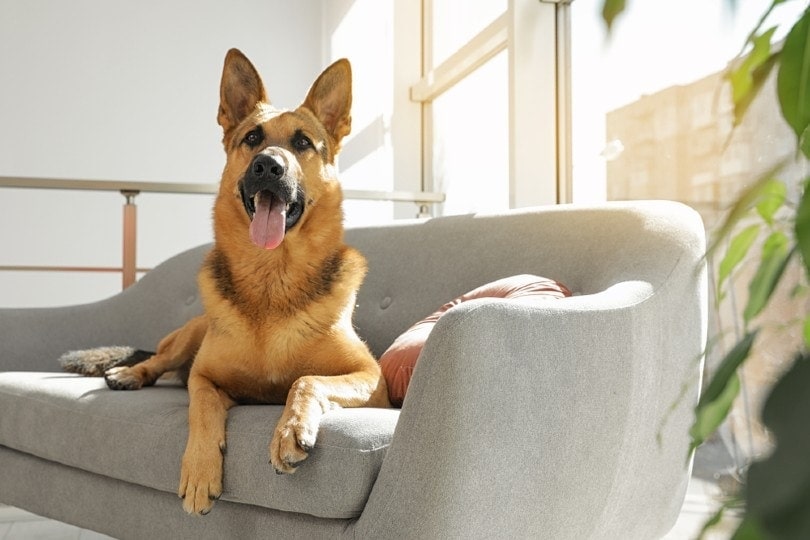
Conclusion
Most of the time, your dog isn’t doing something wrong when trying to steal your place. Your pup may be just seeking your warmth or the security you provide. However, the best way to control this behavior is to understand your pet’s motivation. Armed with this information, you can make the necessary adjustments to ensure that you both have comfy spots to relax and snooze.
Featured Image Credit: LightField Studios, Shutterstock



